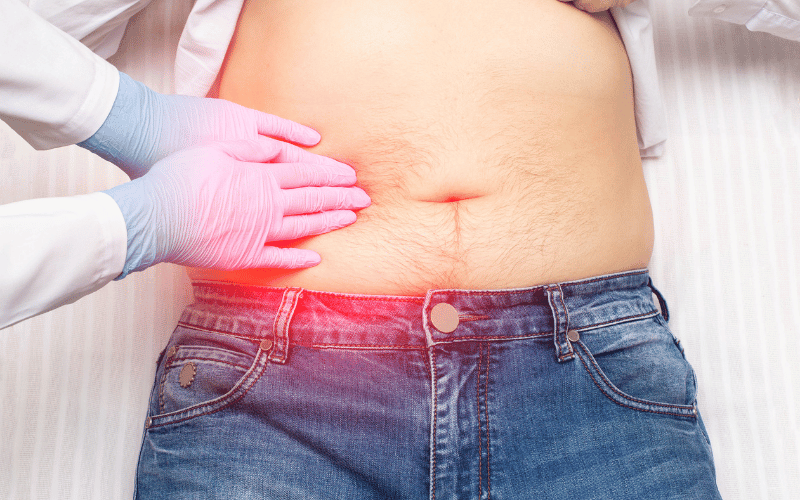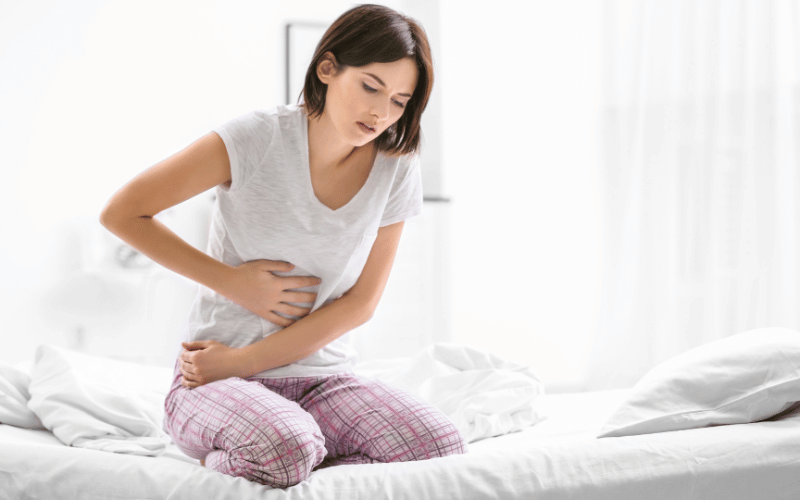Introduction: The Importance of Recognizing Cholecystitis Symptoms
Cholecystitis is an inflammation of the gallbladder that can lead to a multitude of complications if left undetected and untreated. The gallbladder, a small pouch-like organ situated just below the liver, plays a vital role in digestion by storing bile. However, when the gallbladder becomes inflamed, this seemingly innocuous organ can become a significant source of pain and discomfort.

Most commonly, the inflammation results from gallstones blocking the ducts leading out of the gallbladder. When bile gets trapped, it can cause the gallbladder to become inflamed, leading to cholecystitis. It’s not just the presence of gallstones that can cause trouble; other factors such as tumors or infections can also result in this condition.
One of the most concerning things about cholecystitis is how easily its symptoms can be brushed off or mistaken for other ailments. Without proper recognition and timely intervention, what starts as a mild inconvenience can escalate into a severe medical concern, with risks including a ruptured gallbladder and sepsis.
The key to avoiding these complications lies in understanding and recognizing the symptoms of cholecystitis. Being informed allows for prompt action, ensuring that the gallbladder and the entire digestive system remain in optimal health. In this article, we’ll delve into the ten predominant symptoms of cholecystitis and what each might indicate about your health.
Symptom 1: Abdominal Pain

Abdominal pain, often emerging from the upper right side or directly beneath the breastbone, stands as one of the earliest signs of cholecystitis. This discomfort might manifest as a constant throb or intermittent jabs. Depending on the individual and the severity of the inflammation, the pain can range from a dull ache to sharp, shooting pain.
Furthermore, the pain’s pattern often gives away clues about its source. Specifically, those with cholecystitis may find their discomfort escalating after indulging in fatty foods. It’s not just the type of food; the timing matters too. Nighttime can bring with it intensified pain, making sleep elusive for the affected individual.
The reason behind this symptom lies in the gallbladder’s function. It stores bile, which aids in fat digestion. When the gallbladder gets inflamed, it struggles to release bile efficiently, leading to digestive issues and consequent pain. Over time, this can take a toll not just on the digestive system, but also on one’s overall well-being.(1)